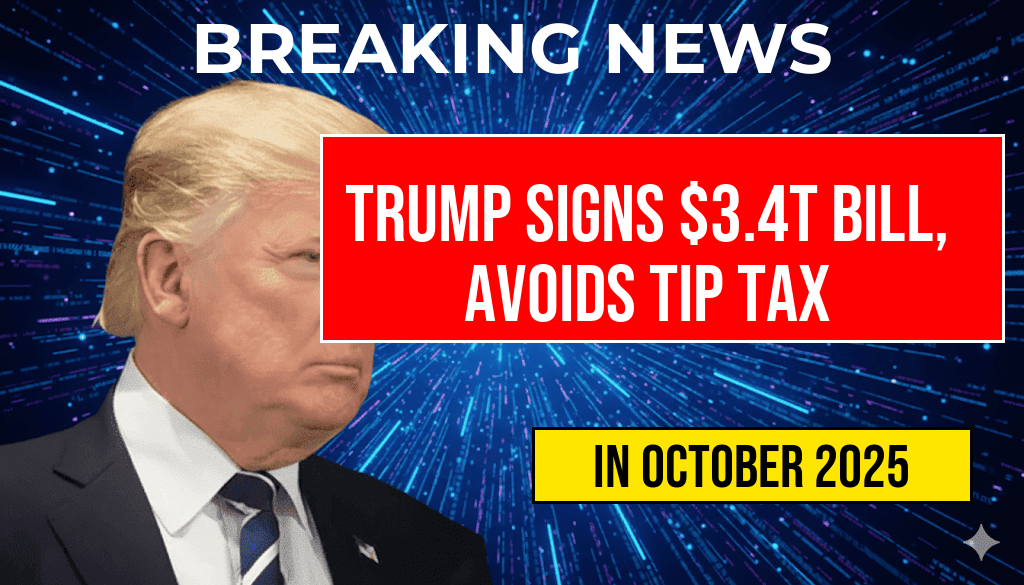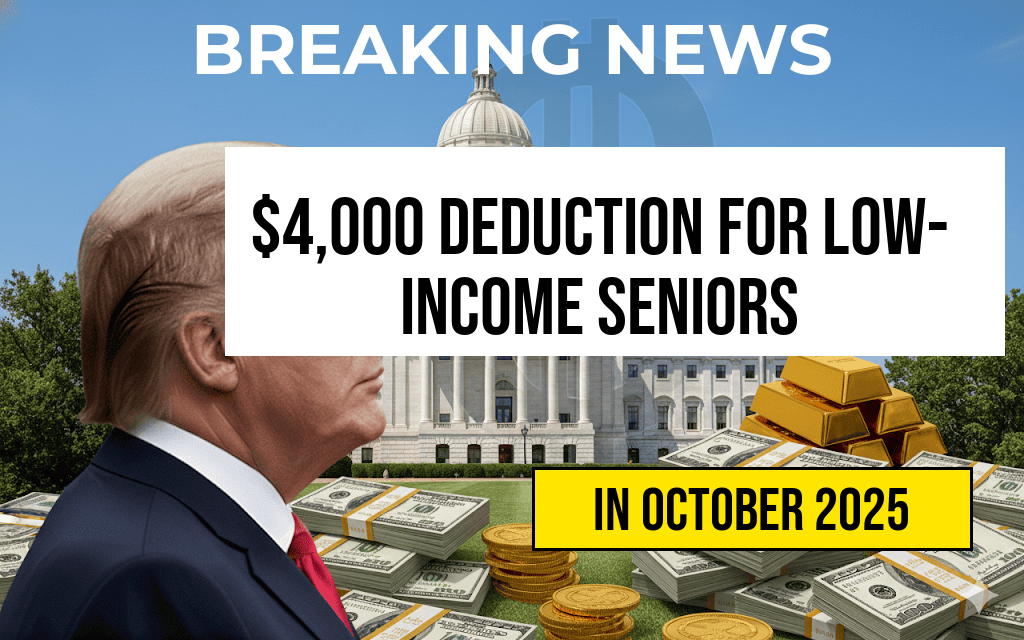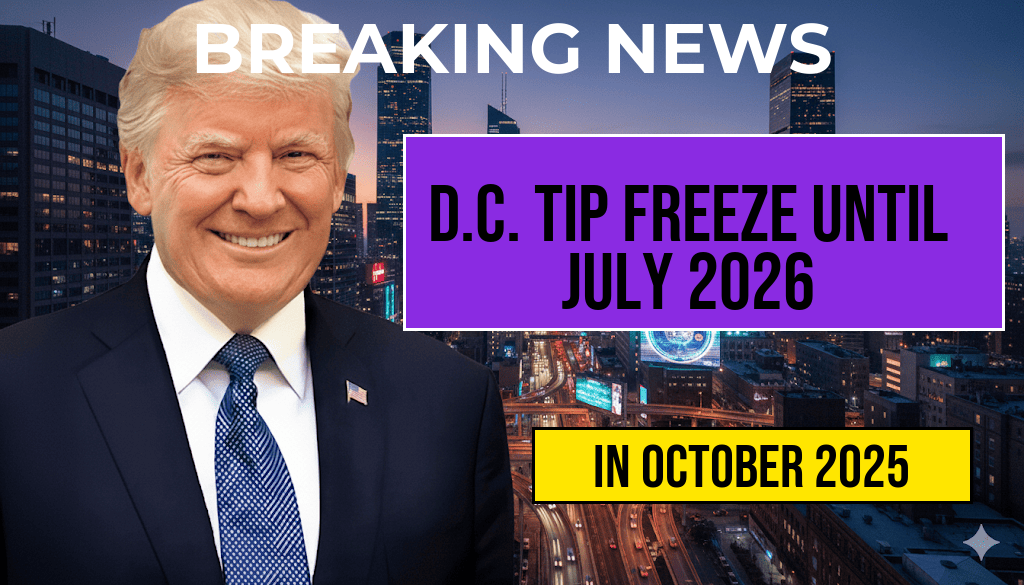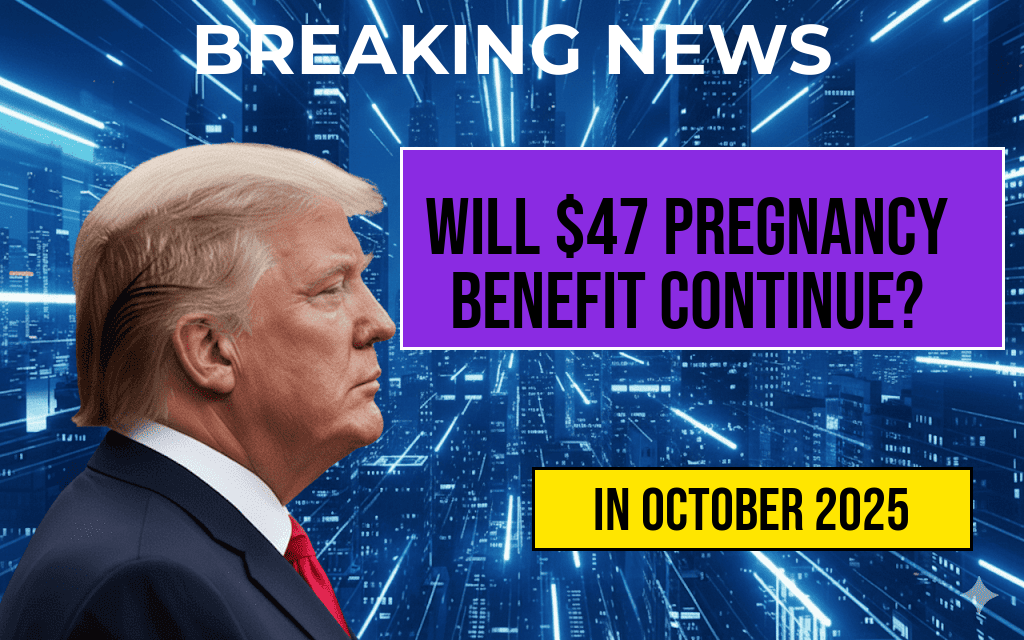In a surprising move, former President Donald Trump has approved a monumental $3.4 trillion spending package, which is expected to incur a staggering $4 trillion in national debt. This decision comes as part of a broader strategy to stimulate the economy while maintaining a significant focus on the service industry by ensuring that tips will remain tax-exempt. The legislation, which has sparked considerable debate among economists and lawmakers, aims to address critical infrastructure needs, enhance social services, and provide support for small businesses struggling to recover from the pandemic. Critics warn that the increased debt could have long-term implications for the U.S. economy, while supporters argue that the investment is necessary for immediate economic recovery and growth.
Details of the Mega-Bill
The approved mega-bill allocates funds across various sectors, with a particular emphasis on:
- Infrastructure Development: Significant investments in roads, bridges, and public transportation systems.
- Healthcare: Enhanced funding for hospitals and healthcare services, particularly aimed at rural areas.
- Education: Increased support for K-12 schools and higher education institutions, including grants for students.
- Small Business Aid: Financial assistance for small businesses, including grants and tax incentives to spur job creation.
Impact on the Economy
Economists are divided over the implications of this spending package. Proponents argue that the investment is essential for rejuvenating an economy still reeling from the COVID-19 pandemic. They suggest that by injecting capital into various sectors, the government can stimulate growth, create jobs, and ultimately increase tax revenues in the long run.
Conversely, critics express concern about the unprecedented rise in national debt. They argue that accruing an additional $4 trillion could lead to higher interest rates, inflation, and a potential fiscal crisis in the future. Some experts warn that the long-term economic stability of the United States could be at risk if such spending continues unchecked.
Tax Exemption for Tips
One of the most talked-about components of the new legislation is the decision to ensure that tips remain tax-exempt. This move has been met with mixed reactions. Supporters claim it will provide much-needed relief to workers in the service industry, who have faced significant financial challenges during the pandemic. By allowing tips to remain untaxed, many believe that workers will retain more of their earnings, which could help stimulate consumer spending.
However, critics argue that this exemption disproportionately benefits higher-income individuals who earn substantial tips, creating a potential imbalance in the tax system. Some lawmakers are calling for a reevaluation of the policy to ensure a fairer distribution of tax burdens across all income levels.
Political Reactions
The approval of the $3.4 trillion mega-bill has elicited strong reactions from both sides of the political aisle. Supporters in the Democratic Party have lauded the bill as a necessary step towards recovery and modernization of critical infrastructure. Meanwhile, many Republican leaders have expressed concern over the fiscal irresponsibility of incurring such debt, arguing that it could lead to future economic turmoil.
Representative John Smith (R-CA) stated, “This bill puts us on a dangerous path. We should be looking for ways to reduce our national debt, not increase it.” In contrast, Senator Jane Doe (D-NY) remarked, “This investment is crucial for our economy. We cannot afford to wait any longer to address our infrastructure needs.”
Public Response
As the implications of this massive spending bill unfold, public opinion remains divided. Many citizens express hope that the funding will lead to improved services and job creation, while others worry about the long-term effects of increased national debt. Polls indicate a growing concern among voters regarding fiscal responsibility, with a significant percentage advocating for a balanced approach to government spending.
Looking Ahead
The passage of the $3.4 trillion mega-bill marks a significant moment in U.S. economic policy. As the nation grapples with the consequences of this legislation, the debate over the balance between necessary investment and fiscal responsibility is likely to intensify. Stakeholders from various sectors will be closely monitoring the outcomes of this historic spending initiative as it unfolds over the coming months.
For further information on the implications of national debt and fiscal policy, you can visit Forbes or Wikipedia.
Frequently Asked Questions
What is the significance of the $3.4 trillion mega-bill approved by Trump?
The $3.4 trillion mega-bill is a significant piece of legislation that aims to address various national priorities, including infrastructure and social programs, while simultaneously incurring a $4 trillion debt.
How does this bill impact taxes, particularly on tips?
This bill notably ensures that there will be no tax on tips, which is a point of contention for many who argue it benefits the service industry but may also affect overall tax revenues.
What are the potential economic implications of incurring $4 trillion in debt?
Incurring $4 trillion in debt could lead to various economic implications, including increased interest rates, inflationary pressures, and potential long-term effects on government spending and economic growth.
What are the key areas of funding in the mega-bill?
The mega-bill focuses on funding for critical areas such as infrastructure development, healthcare, education, and other social services, aimed at stimulating economic recovery and growth.
How does the public view this mega-bill and its associated debt?
Public opinion on the mega-bill is mixed, with some supporting the investment in infrastructure and social programs, while others express concern over the long-term consequences of incurring significant debt.






